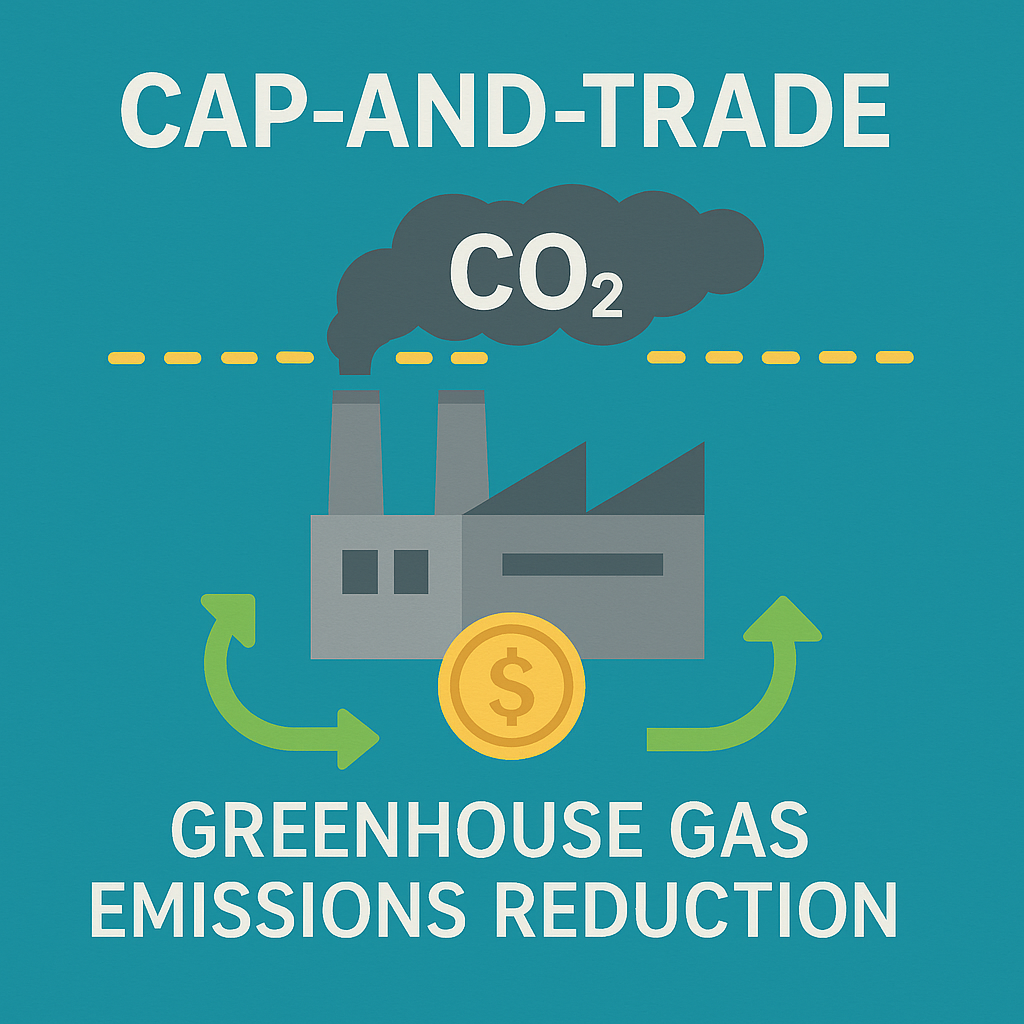(Updated, 4:15 p.m. - There are a few changes from the first draft of this story, the biggest being that Streetsblog initially reported that the deadline to pass legislation was Friday, but because it's the first year of a two-year session the legislature can go into overtime and work into Saturday. There are also more details about the two bills that need to be passed for reauthorization to occur).
The final draft of legislation must be submitted to the legislative clerk’s office 72 hours before it can be voted on. With a Friday deadline to pass legislation, the cutoff was 12:01 a.m. this morning, meaning it is now officially too late for any changes. However, late last night a deal was reached between legislators and Governor Gavin Newsom's office, clearing the way for the legislature to reauthorize the Cap-and-Trade program before the clock strikes midnight on Friday.
Heading into the final week of the legislative session, it looked as though Cap-and-Trade reauthorization might be dead in the water. Two weeks ago, the Los Angeles Legislative Delegation demanded that more Cap-and-Trade funds flow to the Southland. Over the last week, business groups warned that lawmakers had waited too long, arguing that reauthorization could wait another year.
Details on the compromise are still emerging, and Streetsblog will update this story later today and throughout the week. For now, here’s what is known:
The Compromise
The legislature needs to pass Assembly Bill 1207, which outlines the mechanism on how funds are collected, and Senate Bill 840, which outlines how funds are to be spent.
SB 840 makes several changes to how Cap-and-Trade funds will be allocated.
The most significant is that the housing and transportation continuous appropriations will now be fixed amounts, rather than calculated annually as a percentage of program revenues. This shift allows large transportation projects, including California High-Speed Rail, to conduct long-term planning.
The compromise also includes a new $250 million continuous appropriation for Assembly Bill 617, passed in 2017, which provides frontline communities with more tools, monitoring, and direct action to clean up the air they breathe.
If auction proceeds fall short of expectations, funding for High-Speed Rail would be prioritized first. Barring a major downturn, this ensures continued support for the state’s flagship infrastructure project. However, it could also mean reduced funding for housing programs and other Greenhouse Gas Reduction Fund investments (such as clean transportation, solar, and electrification) if revenues come in below projections.
AB 1207 is more controversial. There are modest changes to the allocation mechanism that allows the California Air Resources Board to reduce the amount of greenhouse gases polluters get before they have to get waivers through Cap-and-Trade. Environmental Justice organizations argue that unless amended, AB 1207 should be defeated and reauthorization pushed to next year.
"Environmental justice communities need tangible air quality benefits in any renewal of the Cap-and-Trade program, but Legislative leadership and the Governor’s Office rejected our proposal that would have given AB 617 the enforceability needed to ensure emissions reductions are finally realized in environmental justice communities," wrote a group of ten environmental justice organizations*** in a statement released earlier today.
Why the Rush to Reauthorize?
California’s Cap-and-Trade program sets a declining cap on greenhouse gas emissions from major polluters while allowing companies to buy and trade permits. By raising the cost of pollution, the system is designed to drive reductions while generating revenue for climate investments.
Since 2014, the program has raised more than $33 billion, funding projects ranging from zero-emission buses to coastal resiliency upgrades. Emissions have declined overall, but critics argue the program enables companies to “buy their way out” of meaningful reductions while frontline communities continue to face disproportionate pollution burdens.
Currently, the program is only authorized through 2030, but under this deal it now sunsets in 2045 instead. Recent auctions have generated less revenue than projected, partly due to uncertainty about reauthorization. After a May auction came in $500 million below expectations, Newsom proposed a long-term deal dedicating $1 billion annually to high-speed rail, $1.5 billion to wildfire suppression, and the remainder to the Greenhouse Gas Reduction Fund.
For more coverage of Cap-and-Trade, click here.
***The ten environmental justice organizations who crafted the statement opposing AB 1207 are, the Asian Pacific Environmental Network, California Environmental Justice Alliance, Center for Community Action and Environmental Justice, Center on Race, Poverty & the Environment, Central California Asthma Collaborative, Central California Environmental Justice Network, Central Valley Air Quality Coalition, Communities for a Better Environment, Leadership Counsel for Justice and Accountability, and Physicians for Social Responsibility - Los Angeles.






